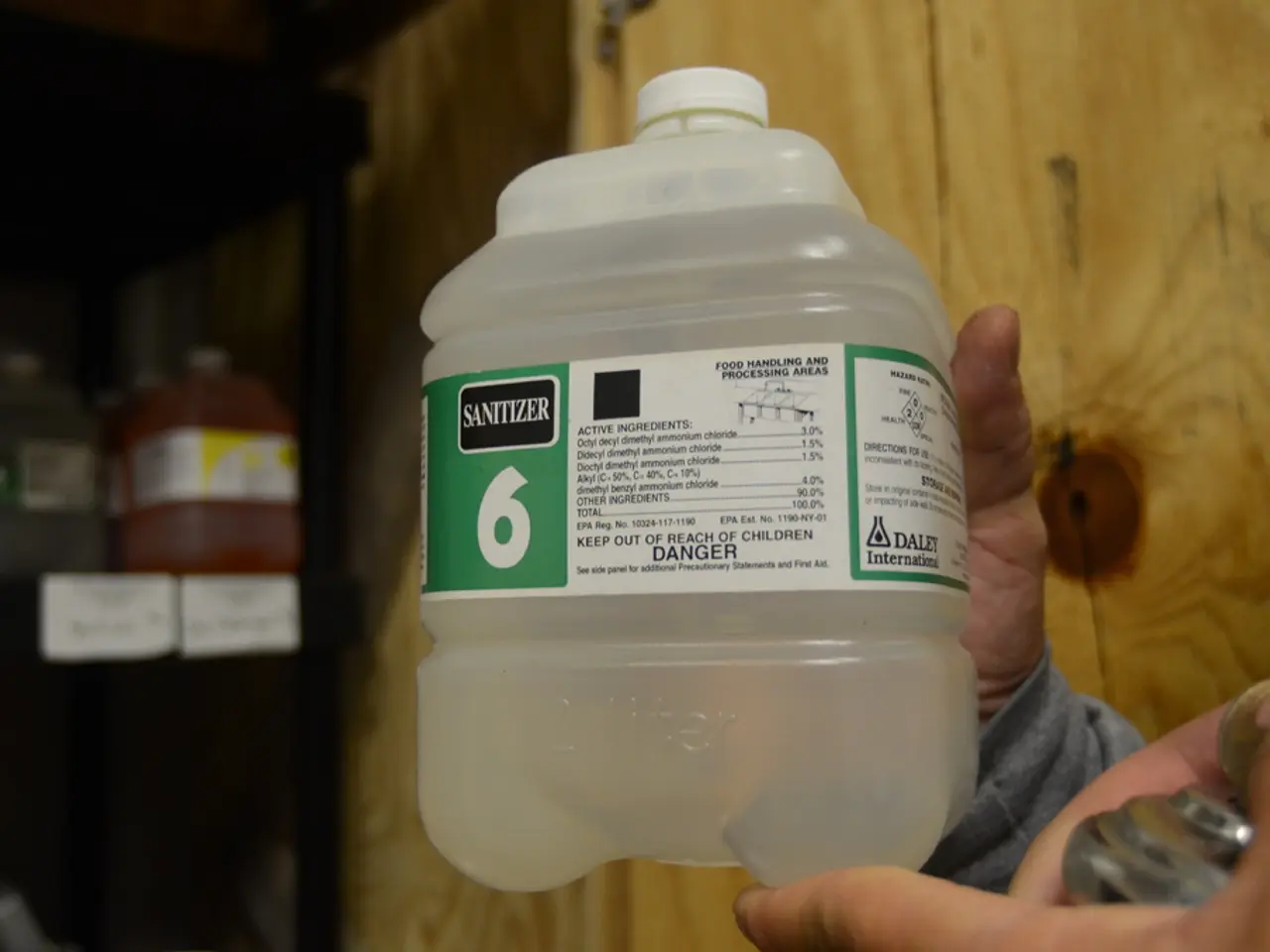Innovative Cancer Therapy on the Horizon: A Potential Role for Herpes
In a significant development for the cancer research community, the engineered herpes virus RP1, developed by biotech company Replimune, is under active review by the Food and Drug Administration (FDA). The regulatory body accepted the Biologics License Application (BLA) for RP1 in January 2025, marking a significant milestone in its potential treatment of advanced melanoma patients who have failed anti-PD1 therapies.
RP1, an oncolytic virus, is designed to directly kill tumor cells and stimulate systemic anti-tumor immune responses. It does this by producing GM-CSF, a protein that helps the immune system attack cancer throughout the body, not just at the injected tumor sites.
Clinical trials, including the ongoing global Phase 3 IGNYTE-3 trial, have demonstrated promising outcomes. Around 33% of patients have experienced objective response rates, with durable effects, and a favourable safety profile. The combination therapy appears to be safe, with most patients only experiencing minor adverse events like fatigue or flu-like symptoms.
The FDA has granted priority review status to RP1, and a decision on its approval is scheduled for July 22. Given this status and typical review timelines, RP1 could potentially become available for public use in late 2025 or early 2026, subject to FDA approval.
The accelerated approval pathway suggests that if approved, RP1 could be brought to market relatively quickly for patients with advanced melanoma resistant to current immune checkpoint inhibitors. This positions RP1 as a promising near-term new therapy option for difficult-to-treat melanoma patients.
RP1 uses HSV-1, the primary cause of cold sores, as a platform. The relatively large size of HSV-1 allows scientists to replace or add new genes without too much trouble, making it an ideal candidate for cancer treatment. Furthermore, a typical HSV-1 infection isn't life-threatening and can be treated with antiviral medications if needed, further limiting its potential danger.
Researchers at the University of Southern California and others conducted a Phase I/II trial of people with advanced, treatment-resistant melanoma using a modified version of HSV-1 in combination with immunotherapy. The study involved 140 patients from Replimune's IGNYTE trial, conducted across several sites including USC.
In the study, about a third of patients given the modified virus saw their tumors substantially shrink, while some experienced a complete regression of their cancer. The shrinkage was seen in tumors directly injected with RP1 as well as uninjected tumors throughout the body, indicating its immune-boosting potential worked as hoped.
As RP1 moves closer to approval, it could offer a new treatment option for resistant melanoma cases. In addition to melanoma, RP1 is also being tested for other kinds of cancer, offering hope for patients facing various forms of the disease.
[1] Replimune Press Release. (2025). Replimune Announces FDA Acceptance of Biologics License Application (BLA) for Vusolimogene Oderaparvec (RP1) for the Treatment of Advanced Melanoma. Business Wire. [2] American Society of Clinical Oncology. (2025). Vusolimogene Oderaparvec (RP1) in Advanced Melanoma After Failure of Anti-PD-1 Therapy: Phase 3 IGNYTE-3 Trial Results. Journal of Clinical Oncology. [3] European Society for Medical Oncology. (2025). Vusolimogene Oderaparvec (RP1) Shows Promise in Treating Advanced Melanoma After Failure of Anti-PD-1 Therapy. ESMO Press Release.
- The engineered herpes virus RP1, developed by biotech company Replimune, is under active review by the Food and Drug Administration (FDA), as it promises to be a significant advancement in the future of cancer treatment, particularly for advanced melanoma patients who have failed anti-PD1 therapies.
- RP1, an oncolytic virus, is designed to both directly kill tumor cells and stimulate systemic anti-tumor immune responses, making it a promising new technology in the field of health and wellness.
- In the ongoing global Phase 3 IGNYTE-3 trial, RP1 has demonstrated promising outcomes, with around 33% of patients experiencing objective response rates, and a favourable safety profile, indicating potential benefits in health-and-wellness and medical-conditions, such as cancer.
- The FDA's priority review status for RP1 suggests that it could soon become available for public use, offering a new treatment option for various forms of cancer, including melanoma, and contributing to the advancement of science and technology in health-and-wellness and medical-conditions management.




